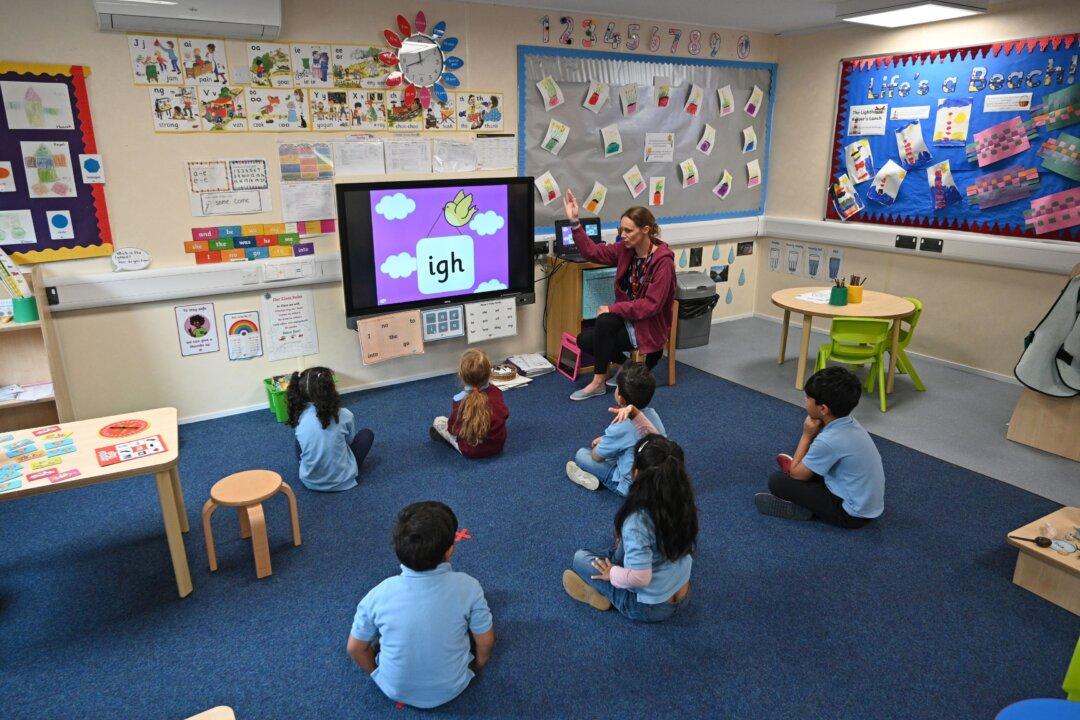Nearly half of parents have reported increased “socio-emotional difficulties” in their children after lockdown, according to a new study by the Institute for Fiscal Studies (IFS).
By February 2021, 47 percent of parents reported that their child’s social and emotional skills had worsened, while just one in six reported any noticeable improvement. An original survey, run by the IFS in conjunction with UCL Institute of Education, also found that parents of girls and younger children, alongside those who were furloughed, were more likely to report worsening difficulties in their children.





